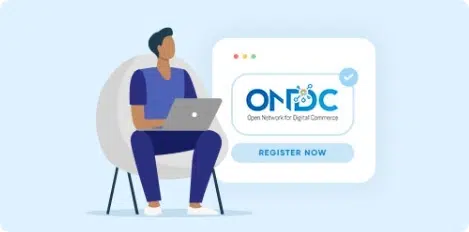Introduction
Let’s admit it; card information leaks are becoming more common in the headlines these days.
Physical security risks in restaurants and retail outlets, alas, are not discussed as often as the myriad computer threats.
[elementor-template id=”40860″]
We are swiftly moving forward towards a digital currency and have been for some time. However, today’s shoppers want and deserve to feel protected and secured when providing credit cards for purchases.
As a result, eateries, stores, and other organisations have an ethical and business commitment to protect their customers’ details.
Let’s learn some of the tips to handle and store credit card information privately and safely.
Make no electronic copies of sensitive cardholder information.
Train staff to recognise and reject the use of any unauthorised external equipment that records account information, including a “skimmer.” Criminals have been seen to visit the team and ask that devices be installed to track credit card data.
In the majority of cases, the staff, not the perpetrator, is arrested and convicted. Thus, it may appear to be easy money, but the individual engaged might potentially face jail time.
After it is no longer required, both printed and virtual cardholder information must be destroyed.
If you no longer require it, dispose of it responsibly. When it’s no longer relevant, erase all accurate credit card info.
Credit card information should not be noted on a paper.
For the sake of ease, businesses may choose to preserve credit card data. Unfortunately, this approach is not safe, no matter how efficient it appears to be. Cardholder data must be maintained in a locked drawer with only a few people having access to it.
If a customer leaves their credit card behind by accident, discard it within 24 hours if it isn’t being collected.
We all are in hurry and tend to forget things here and there from phones, shopping bagss to card. If a buyer accidentally ends up leaving their card in your organisation, contact them the same day to notify them your company is in control of the card and that it will be destroyed if not appropriately claimed within a set period of time.
Avoid sharing credit card details in an email or other type of discussion.
Sending credit card or banking information through email is not a good idea. As a side note, make sure your workers know that under no conditions would your company ask for personal cardholder info. Any requests for such data should be directly notified to a supervisor.
If you see something you’re not sure about, let us know.
Report anything that appears dubious. If you notice credit cards are handled in a hazardous manner, notify the appropriate leadership team to resolve the situation. To counteract security concerns, it is also strongly implied that you check the cash wrap region regularly for any signs of physical hardware tampering.
[elementor-template id=”40866″]
Conclusion
Applying these six best practices will go a long road ahead toward ensuring that you fulfil your legal obligations to protect credit card account credentials and e PCI compliant. But that’s not the only cause to do it: safeguarding your clients’ credit card details demonstrates that you care about them, which is simply great business.







